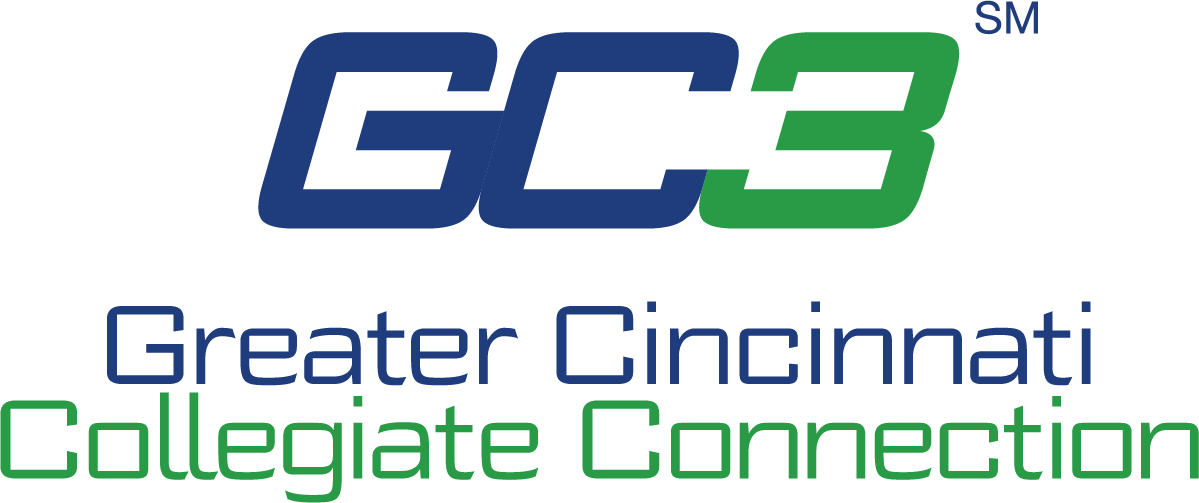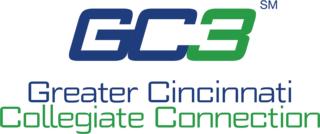Learning Disabilities
Definition
Learning disabilities is a general term that refers to a heterogeneous group of disorders which are manifested by significant difficulties in language acquisition and use in two or more of the following areas: listening, speaking, reading, writing, reasoning, or mathematical abilities. These disorders are intrinsic to the individual, presumed to be due to central nervous system dysfunction, and may occur across the life span.
Problems with organisational and management skills, social perceptions, and interpersonal interactions may exist with learning disabilities, but do not by themselves constitute a learning disability.
Characteristics
Learning disabilities are exhibited in varying degrees of severity across one or more academic areas. They are mainly observed as processing disorders which means there is a difficulty in receiving or expressing language either orally, in written form, or through body language.
- Reading
- inadequate word attack skills; confusion of similar words; little or no phonic skills
- slow reading rate and/or difficulty in modifying reading rate in accordance with material difficult
- problems understanding what is read; difficulty identifying main ideas and details
- difficulty integrating new vocabulary
- Writing
- poor penmanship
- slow written production
- difficulty with sentence structure or poor grammar
- difficulty copying from blackboard or a book
- difficulty with learning rules of grammar
- compositions lacking in organisation and development of ideas
- frequent spelling errors
- poor proof-reading and revising skills
- Math
- incomplete mastery of basic facts
- difficulty recalling sequence of math operations and processes
- misunderstanding of math vocabulary
- confusion or reversal of numbers and operational symbols
- difficulty reading or understanding word problems
- inaccurate copying of problems
- problems with time, money, and measurement
- Receptive and Expressive Oral Language
- difficulty expressing ideas or thoughts aloud
- problems describing events or stories in proper order
- mispronunciation of words; difficulty remembering specific words
- poor ability to remember or understand spoken instructions
- inability to concentrate and pay attention in class
- Organizational and Study Skills
- poor organisation and management of time
- difficulty beginning and sticking with study tasks
- poor notetaking and outlining skills
- problems finding and using information from different sources
- difficulty and anxiety in taking tests
- poor ability to use dictionaries and other study aides
- Attention and Concentration
- difficulty focusing and sustaining attention on academic tasks
- fluctuations of attention span
- distractibility
- difficulty juggling multiple tasks
- difficulty following oral and written directions
- inability to complete assignments in time allowed
- Social Skills
- difficulty reading other people, understanding body language or facial expressions
- problems interpreting or understanding subtle messages such as
- sarcasm, teasing, banter, or jokes
- confusion related to time, directions, or visual motor coordination
- inability to perform well at sports or games
- poor judgement leading to behavioral problems
Adjustments
Student accommodations based on individual needs may include, but are not limited to:
- Lecture Classes
- assist the student in teaming up with a classmate to obtain copies of notes
- allow student to use a tape recorder and/or note taker
- include time for questions, discussions, and requests for further examples before and after classes
- highlight major concepts and terminology, both orally and visually, remembering to read aloud material on the board or on transparencies
- verbally describe diagrams, charts, and graphs
- use color to follow transformations and highlight relationships in complex mathematical sequences
- explain procedures slowly and in stepbystep fashion
- remind students often of your availability during office hours for individual clarification of lectures, readings, and assignments
- Written Papers
- provide explicit feedback, both oral and written, about strengths and weaknesses of a student's work so that followup efforts can be effectively focused
- provide oral or taped presentations to supplement written assignments
- Examinations
- provide additional time to complete examinations
- encourage formation of study groups and/or individual tutoring
- provide oral quizzes to supplement written exams
- permit the use of a calculator when mathematical disability is severe
- limit the number of dual response choices (e.g., a and e) on multiple choice exams
- space math problems on a test to reduce extraneous stimuli
- change the test format to meet the student's needs ***** permit the use of a dictionary for essay exams
- test in an environment with minimal distractions
- permit the use of a scribe for essay exams
College Students with Learning Disabilities Brochure (1991), Association on Higher Education and Disability (AHEAD), P.O. Box 21192, Columbus, Ohio 43221.

